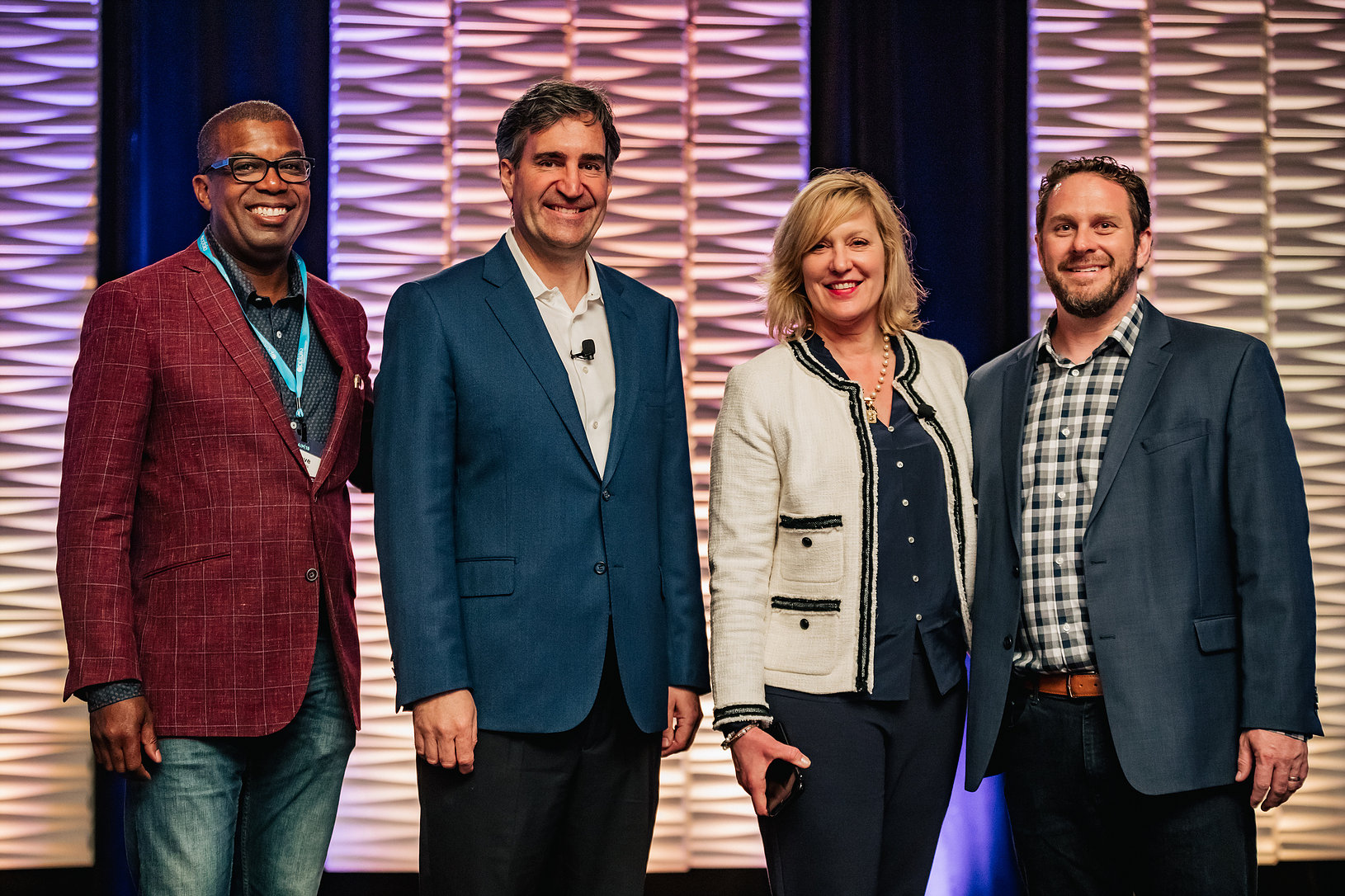
Using wit, wisdom and pop culture references, AIM | 18 keynote speaker Malcolm Frank delivered a definitive pronouncement on the age-old question: “Will robots take my job away?” Not yet. Bots, software and automation are far more likely to improve our lives and productivity in the long run — rather than suddenly gain sentience and destroy us.
“Consider me your ghost of technology future,” said Frank. “Many of the things I talk about will seem weird, exciting, dystopian and frightening. But almost everyone in this room, in five years’ time, will be engaged in all the things we’re going to talk about.” In half a decade, marketing without artificial intelligence will not be marketing at all.
“We’re talking about machines that automate tasks and machines that learn,” he said. “We already take a lot of AI for granted. It sounds futuristic, but we use it every day when we turn to our ‘little helpers’ like Waze. This smart software accounts for weather, time of day, traffic and even individual driver habits. When I used Waze to drive from Philadelphia to New York, the app predicted my arrival time down to the minute.”
Indeed, AI is so seamlessly integrated into our daily lives that we may take it for granted. “Here’s how you know something’s AI,” Frank said. “The first time you use it, it feels like magic. By the third time, it feels boring.”
Frank showed a slide depicting companies whose profits dwarf the competition: Facebook, Amazon, Apple, Netflix and Google. Those companies — along with music streaming services such as Pandora and Spotify, and social media platforms like Twitter — have gained a special kind of prescience about their consumers. They’ve achieved something very close to the ability to read people’s minds. “Where some people only see static in data, others see business patterns,” according to Frank.
How do they do it? They harness tons of data — about you and about all the people who use their services in the aggregate — and they create a “digital twin.” There are various ways that little factoids about people can clump together to form virtually unassailable predictions about the population. For example: data shows that people who like the music of Garth Brooks are extremely likely to be right-leaning politically. It gets even more abstract. Those who enjoy the music of Justin Timberlake are highly likely to like Pixar films. People who love Jimi Hendrix? They probably like to watch sci fi. Indeed, Frank said, your musical tastes can be used as a frighteningly accurate predictor of your views on romance, premarital sex and the legality of drugs.
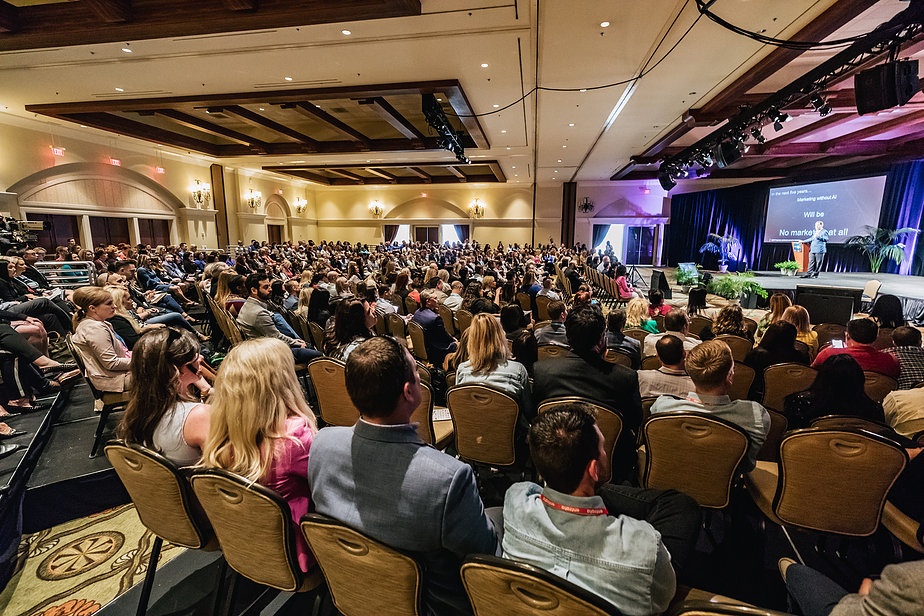
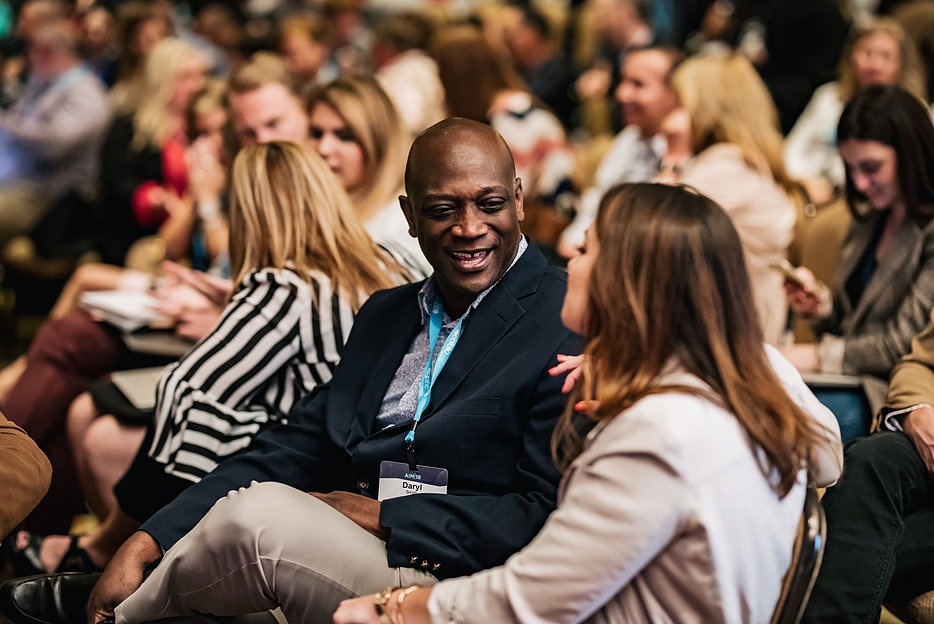
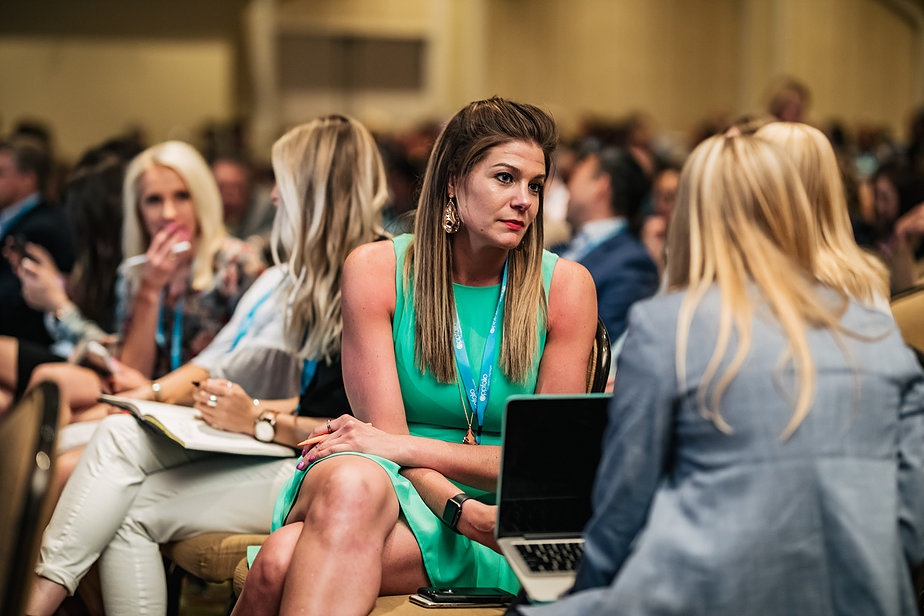
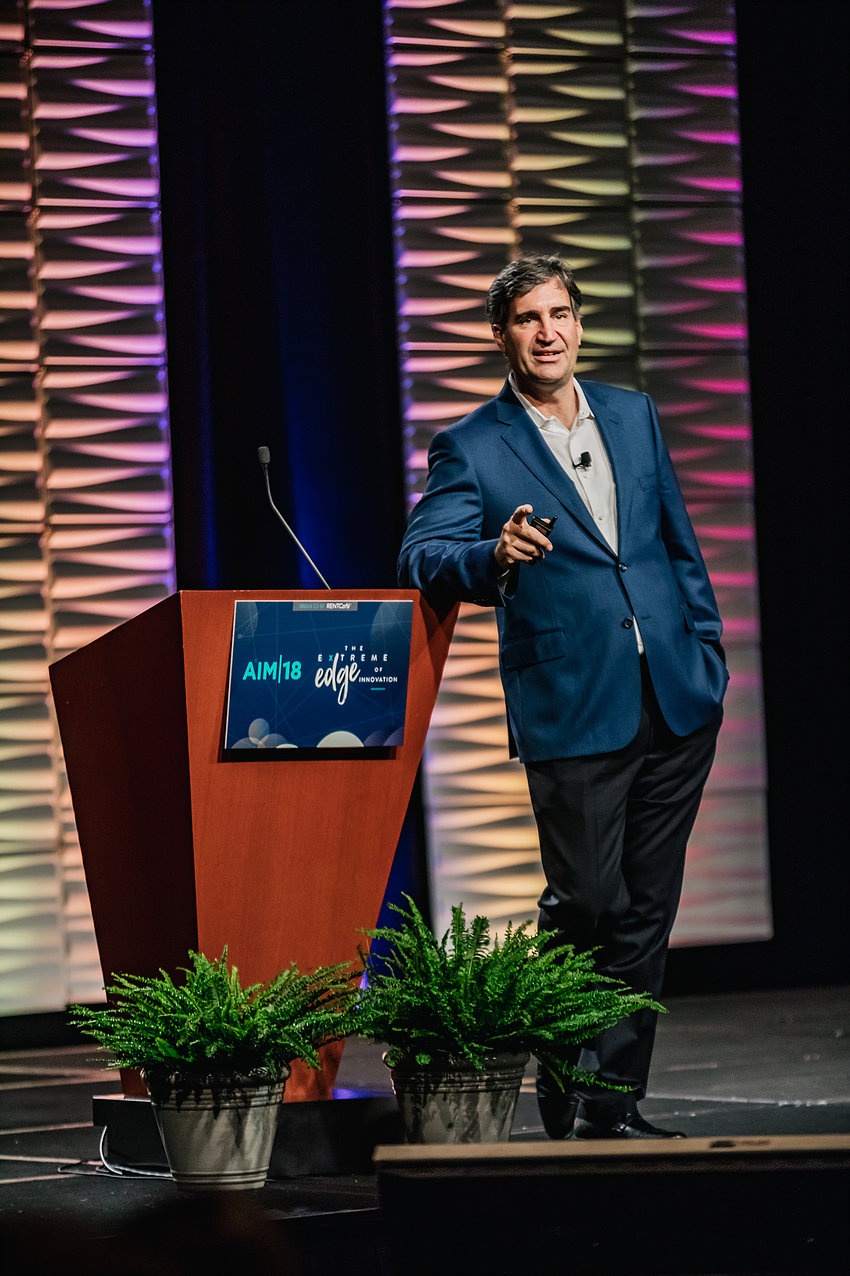
But what if we could use the precision of machine learning and data analysis to make education more tailored to children’s individual needs? What if doctors could use it to make quick, flawless decisions in the emergency room? “Man is great at the art of the job,” Frank added. “Computers are great at the science of it.” This is another argument for why robots aren’t likely to take human jobs anytime soon — for certain fields where visual cues, judgment, ethics and emotion are key, the robots have shown absolutely no aptitude. So politicians, entrepreneurs, police officers and nurses can all relax.
Frank also shared his unique insights into AR & VR. “We believe this is the next battleground,” he said. “But it’s like sex among teenagers. Nobody’s doing it. Everybody’s talking about it.” Some innovative and interesting applications for AR & VR include an Australian wine brand called 19 Crimes that offers interesting integrated content via smart phones, and the NFL whose teams have started using VR training devices to teach players muscle memory for thousands of moves in a fraction of the time that chalk talk requires.
Technology is advancing at a pace that’s both alarming and inspiring. Not one of us will be able to stop it — nor should we want to. So what should marketers be focusing on? Focus on beauty, said Frank.
“Beauty is very unevenly distributed,” he explained, while showing a slide with images of a Honeywell thermostat, a Wal-Mart and the DMV. “Take a step back and ask yourself what is ugly, boring and frustrating in your business,” Frank advised. That’s where you put your resources. “Don’t try to reinvent the wheel. Don’t try to outthink the room.”
